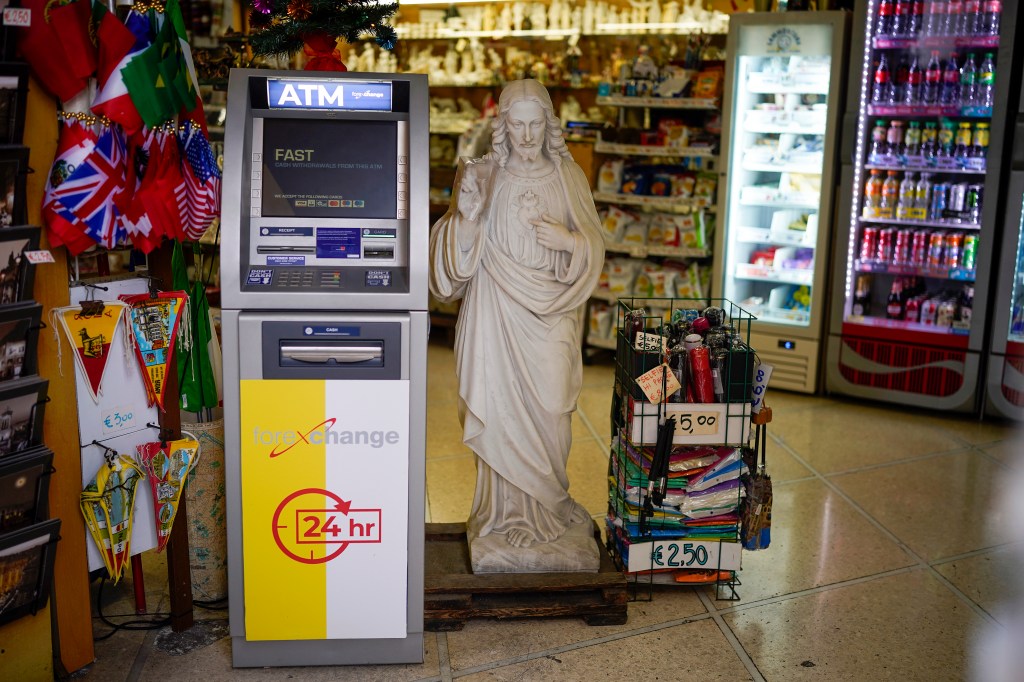Eur-on your own if you fall for this overseas money grab.
A savvy travel expert is warning Americans visiting Europe to watch for a credit card currency exchange “scam” that’s marking up purchases across the pond.
Brian Kelly, the founder of The Points Guy travel site, said Monday that the con known as “dynamic currency conversion,” or DCC for short, “could cost you hundreds or thousands of dollars.”
DCC is when credit card readers overseas offer customers the opportunity to pay in US dollars or the traveler’s native currency as opposed to the local one, commonly Euros.
The catch is that these merchants and vendors almost always include a sneaky fee rather than an equal exchange that is not made entirely clear to travelers making the snap-second decision.

“Everywhere I went, they gave me the option of paying US dollars,” Kelly said of a recent trip to Europe.
Using the example of a 384 Euro charge he had incurred, Kelly said he was offered the chance to pay $437.
“Instead, I paid on my US credit card, which only charged me $416. … If I would have clicked that ‘yes’ button, I would have lost $20,” explained Kelly, who recommends using XE.com for quick and accurate exchange rates.
“I know so many people who travel who get confused by this,” he added.
Kelly noted that ATMs are also set up to do this with persistence and will even show the American amount in green and the European rate in red.
“They really want to take your money. So be smart, charge in the local currency, and let your bank do the transaction,” he advised.
Kelly isn’t the only one sounding the alarm on this cheap trick, which dates back to the 1990s.
“Fundamentally, it is a scam. The consumer is almost always paying more just to see the price in their home currency,” warns the European Consumer Organisation.

“Worse, there is no realistic way for the consumer to make an informed decision when presented with the DCC option,” the group continued.
When paying in local currency, the cardholder’s bank will navigate the conversion rate automatically, according to the ECO.
However, when opting for DCC, the merchant’s service provider creates the conversion — likely with the subtle fee included.
Visa also has a warning about DCC ploys for customers abroad.
“If you don’t see the required details or feel pressure to choose one currency over the other, Visa recommends that you decline the currency conversion offer and report the incident to your card issuer,” the company stated.
“Opting to accept or decline DCC will not impact your ability to make purchases or withdraw cash internationally,” Visa shared.
